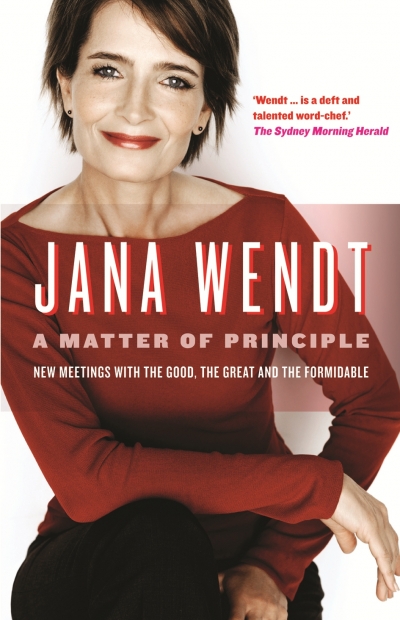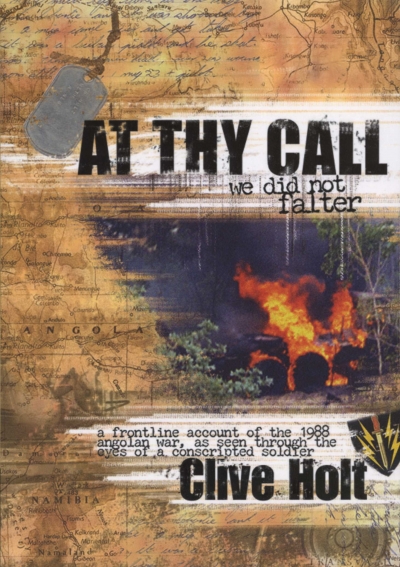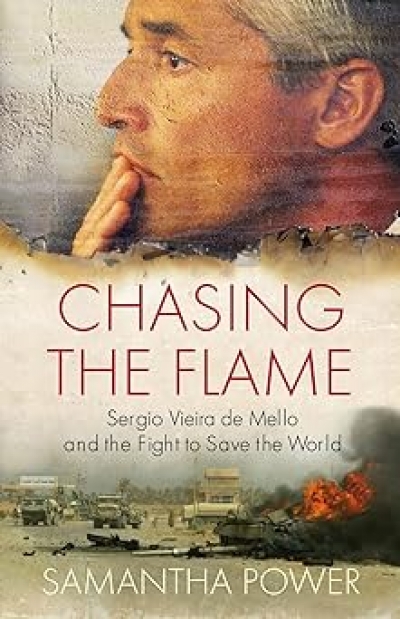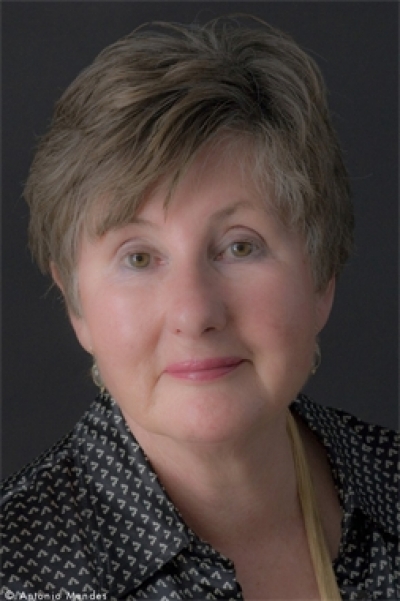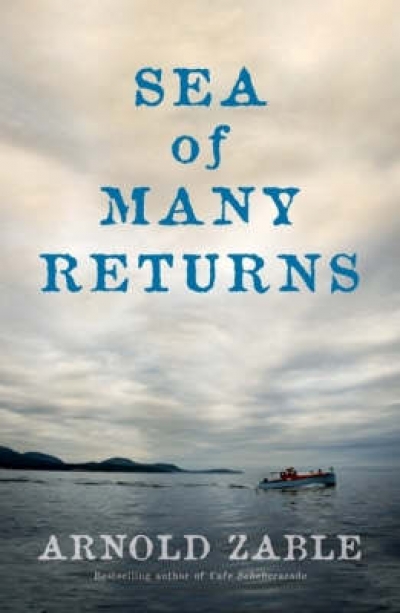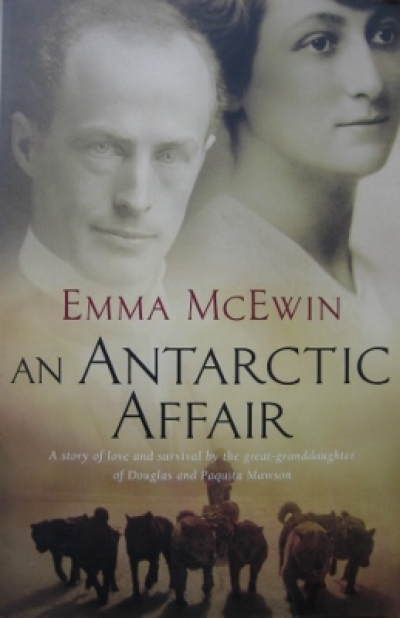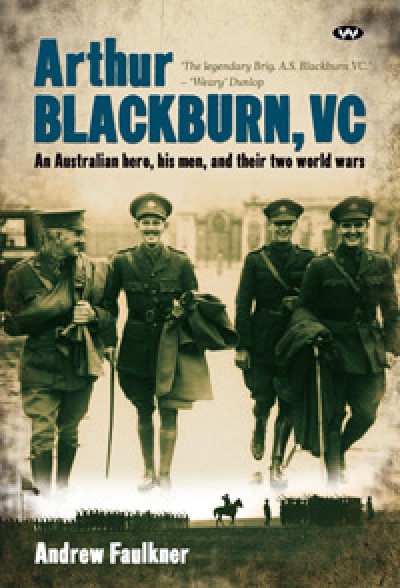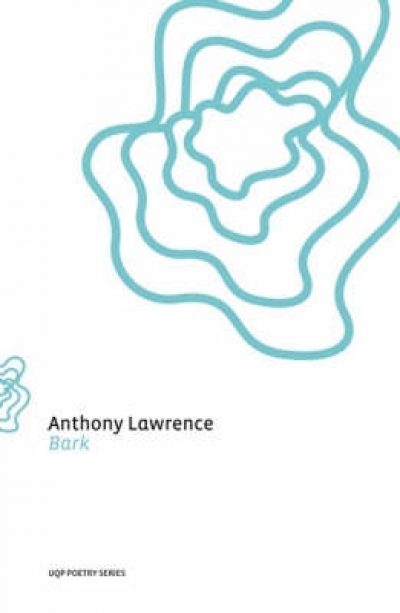Archive
A Matter of Principle: New meetings with the good, the great and the formidable by Jana Wendt
by the radio:
I mishear the news and sports presenter
say ‘the latest in nuisance sports’,
outside the light is green,
the lightning frightening stay away
from windows but the storm
takes no notice of me and my black Bic biro
here at the kitchen table
Chasing The Flame: Sergio Vieira De Mello and the fight to save the world by Samantha Power
Despite increasing competition from Internet search engines and online encyclopedias, quality information titles for children continue to be produced in Australia. Well-researched non-fiction books that bring their subject matter to life can have a much greater impact on an inquisitive mind than is the case with the fact-bites of Google.
... (read more)When did you start reading ABR?
Several lifetimes ago. In the government offices where I worked, ABR lay around with the New Yorker and the London Review of Books. I assumed, because ABR offered a similar quality of reading experience, that the magazine enjoyed the same level of financial resources!
... (read more)
